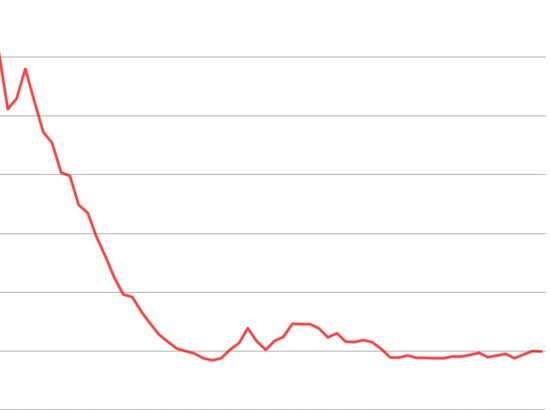The latest figures from the Office for National Statistics (ONS) reveal that unemployment fell by 50,000 in the three months up to August. The number of people out of work now stands at 2.53 million while employment reached almost 30 million, the highest figure since 1971.

The news was welcomed by Employment Minister Mark Hoban. Describing the record number of people in work as a ‘landmark’ he said; “Despite the tough economic times, the private sector continues to create jobs and our welfare reforms are encouraging people to return to work – with 170,000 fewer people on the main out-of-work benefits than in May 2010.”
David Cameron hailed the figures at today’s PMQs and the government was also quick to claim that there are more employment opportunities available than during the same period in 2011. The number of unfilled vacancies now stands at 476,000 which represents a year on year rise of 17,000. The figures also point to an encouraging fall in youth unemployment, but are they disguising the day to day reality faced by those searching for work?
A study by the Joseph Rowntree Foundation (JRF) suggests that this may be the case. As opposed to the rosy picture the government would like to paint, the report highlights some grim statistics.
Researchers sent 2,000 job applications from fictional candidates for a range of 650 vacancies which include sales assistants, office staff, cleaners and catering workers. The CVs demonstrated at least five good GCSE grades and relevant work experience.
The results showed that there are between 24 and 66 job seekers applying for every retail vacancy depending on the area. Vacancies are usually closed within days, and in some cases within hours, and two thirds of applicants don’t even receive a response. Furthermore, the study reveals that only one in four jobs advertised offers full- time day work.
Chris Goulden of the JRF says the report shows that, despite the latest unemployment statistics, the fundamental problem of a shortage of jobs remains.
He said; “It’s important we have measures that provide more full-time, decent paying jobs that can ensure work pays. A lack of success in the jobs market saps confidence, demotivates and leaves a scar across a generation of young people, while part-time, low-pay work traps people in poverty.”
A separate report from the TUC says that unemployment among young black men is higher than that of any other ethnic group. There has also been a steep rise in the number of Asian women out of work.
General Secretary Brendan Barber said; “Last week the Prime Minister singled out employment as a great success of the government. That’s cold comfort to the one in four young black men struggling for work, or the one in six jobless young black women.”
Previous Post
Retailers Call for Freeze in Business Rates